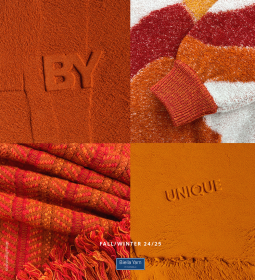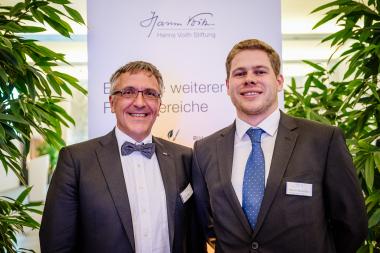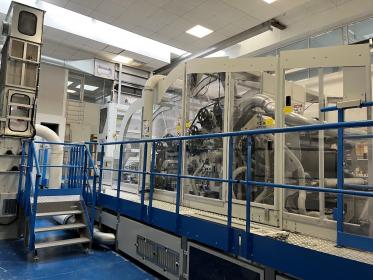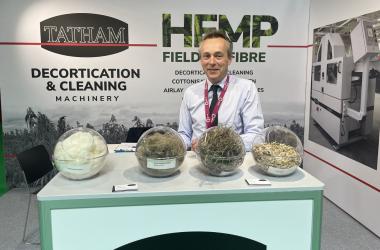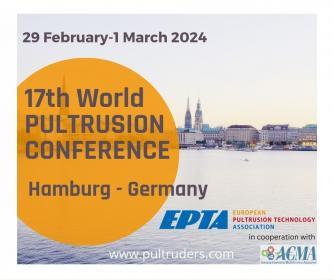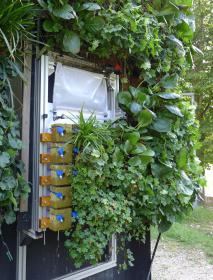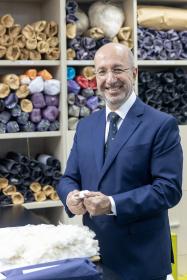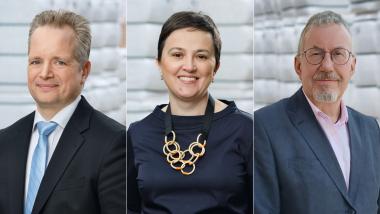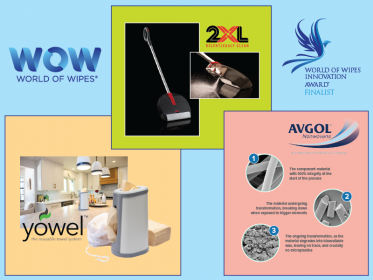Lenzing awarded platinum by EcoVadis
The Lenzing Group, a world-leading provider of specialty fibers for the textile and nonwoven industries, has been awarded platinum status in the EcoVadis CSR rating. The rating comprehensively covers the four most important practices in the area of corporate social responsibility: environment, fair working conditions and human rights, as well as ethics and sustainable procurement.
For the third time, Lenzing has been awarded Platinum status for its sustainability performance by EcoVadis, a leading international provider of sustainability ratings for companies. This puts Lenzing in the top one percent of companies worldwide rated by EcoVadis.
EcoVadis has become the world's largest and most trusted provider of corporate sustainability ratings since its founding in 2007, creating a global network of more than 100,000 rated companies worldwide. The methodological framework assesses companies' policies, actions and activities, as well as their published reports, related to the environment, labor and human rights, ethics and sustainable procurement.
In line with its sustainability strategy “Naturally positive”, the Lenzing Group has set ambitious targets in each of its core strategic areas to further strengthen its path from a linear to a circular economy model. Lenzing reports annually on the corresponding implementation measures and the progress made in its sustainability report. This level of commitment and transparency was particularly positively highlighted by EcoVadis in its assessment. The rating provider also emphasized the Lenzing Group's comprehensive measures in the areas of environment, ethics, and labor and human rights.
Lenzing AG








